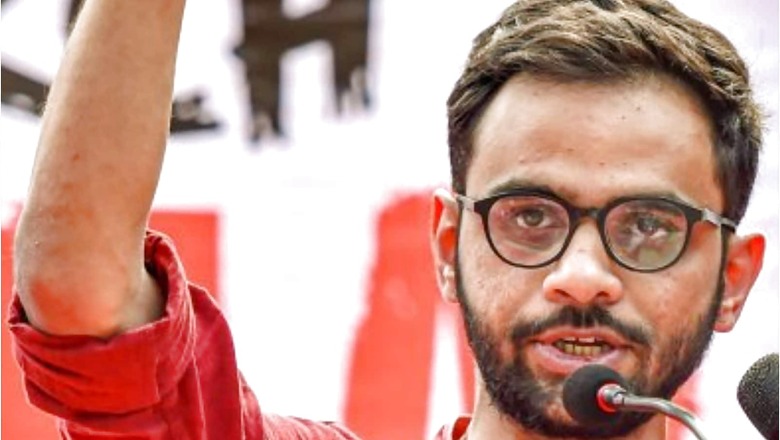
views
The Delhi Police told the Delhi High Court on Monday that the speeches delivered by various accused in a UAPA case related to the alleged conspiracy behind the communal riots here in February 2020 had a common factor– “the essence was to create a sense of fear in the Muslim population.
Opposing the bail plea of former JNU student Umar Khalid, one of the arrested accused in the case, the prosecution said the speech delivered by him in Amravati in February 2020 was a very calculated speech which brought various points including the Babri Masjid, instant triple talaq, Kashmir, suppression of Muslims and the CAA and NRC.
The submissions were made before a bench of Justices Siddharth Mridul and Rajnish Bhatnagar which was hearing a plea by Khalid, who has challenged a trial court’s March 24 order dismissing his bail application in the case. Special Public Prosecutor Amit Prasad submitted when Khalid’s counsel had said there was nothing wrong in his speech, even I say there was nothing wrong. It is a very calculated speech. It brings various points. One – Babri Masjid, two triple talaq, three Kashmir, four Muslims are suppressed and five CAA and NRC.
He said the speeches made by several accused had one common factor which is in the entire speech, that is, the essence is to create a sense of fear in Muslim population. He read out the speeches of accused Sharjeel Imam, Khalid Saifi and Umar Khalid and said, When you talk about Babri Masjid or triple talaq, they relate to a religion. But when you talk about Kashmir, it is not an issue of religion, it is an issue of national integration.
Appearing for the Delhi Police, Prasad contended these accused were connected with each other at the relevant time as a part of conspiracy for rioting in 2020. The prosecutor said the case was registered on March 6, 2020, and the first arrest was made on March 8, 2020. The moment the arrest came into public domain, the entire WhatsApp group, on which various individuals used to chat, was deleted and the participants moved to another application called ‘Signal’.
He said he will show how these people took step by step instructions on the group that police was coming, it was asking for names and what they should do now. Prasad said the riots happened in two phases, first in 2019 and then in February 2020. He claimed misinformation was spread during the riots, roads blocked, police and paramilitary personnel attacked, violence perpetrated in non-Muslim areas and damage caused to public property. Petrol bombs and other means of violence were used, he said.
The point which comes out is that your grievance was not against CAA and NRC, it was against Babri Masjid and Kashmir. This was the pattern, he argued. Prasad also submitted that none of the protest sites were organic in nature and they were created through WhatsApp groups with the help of mobilisation of people from various places.
During the hearing, Justice Mridul said from the material being taken through, there was definitely an overlapping regarding the allegations made against various accused and roles attributed to them. We seem to be hearing prosecution in relation to all of them. Of course, there is an individual accused of various offences but there is definitely an overlap, Justice Mridul said and asked the counsel for the parties to decide and inform the court if the pending appeals of other co-accused should be heard separately or together.
The court listed the matter or further proceedings on Tuesday. Earlier, Khalid’s counsel had said mere membership of a WhatsApp group cannot make him criminally liable when nothing objectionable has been attributed to him.
He had said out of five WhatsApp groups cited by the prosecution, Khalid was a member of just two where also he remained silent and only posted four messages in one of the groups. The high court had earlier questioned Khalid for using certain objectionable words against Prime Minister Narendra Modi in his speech in Amravati on February 21, 2020.
Khalid was arrested on September 13, 2020 and has been in custody ever since. Khalid, Sharjeel Imam, and several others have been booked under the anti-terror law Unlawful Activities (Prevention) Act (UAPA) and provisions of the Indian Penal Code for allegedly being the “masterminds” of the February 2020 riots, which had left 53 people dead and over 700 injured.
The violence had erupted during the protests against the Citizenship Amendment Act (CAA) and the National Register of Citizens (NRC). The Delhi Police has opposed the bail plea, saying the narratives sought to be created by Khalid cannot be looked at as his defence at this stage and the trial court refused to release him by a well-reasoned order which suffers from no illegality.
Besides Khalid, activist Khalid Saifi, JNU students Natasha Narwal and Devangana Kalita, Jamia Coordination Committee members Safoora Zargar, former AAP councillor Tahir Hussain and several others have also been booked under the stringent law in the case.
Read all the Latest News and Breaking News here











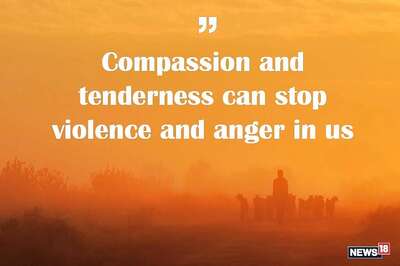

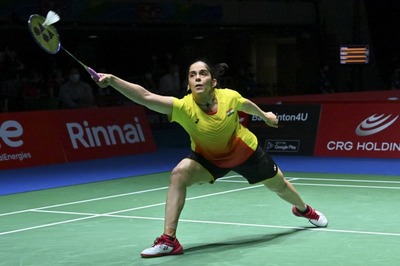
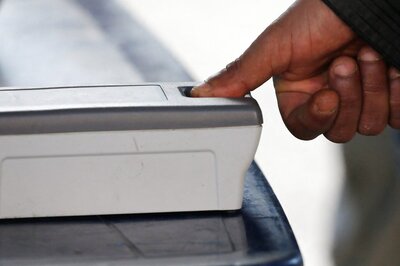
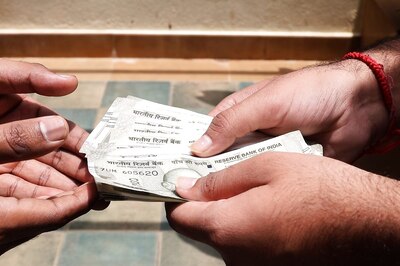
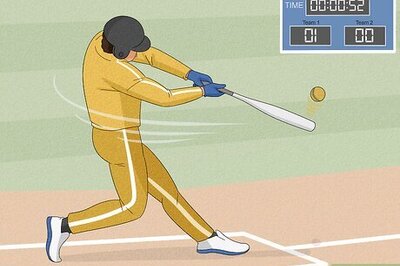


Comments
0 comment